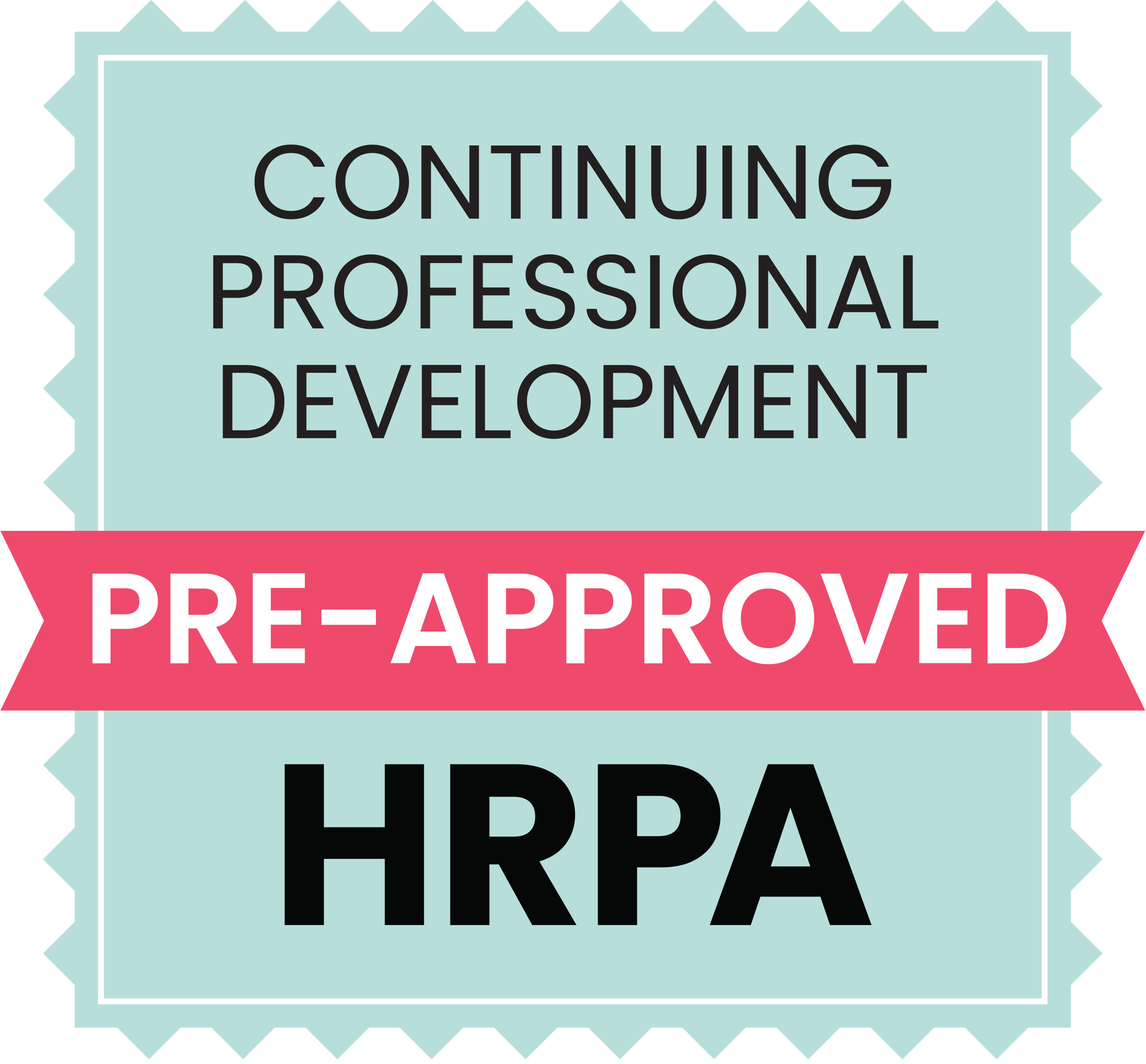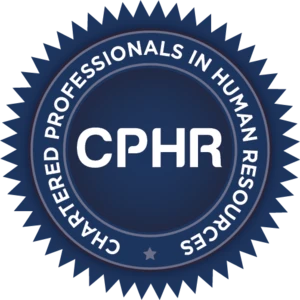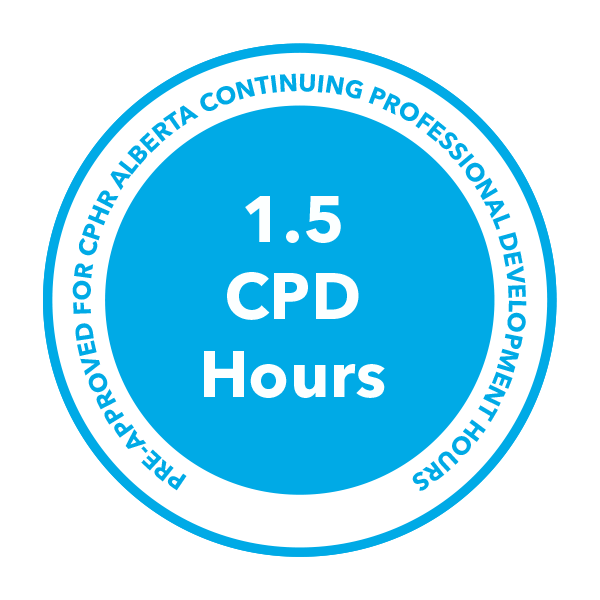Moderator
Speakers
In this webinar, expert panelists will provide practical guidance on how employers and unions can identify and prevent burnout and related mental health harms through proactive changes to working arrangements and workplace culture.
Speakers will address questions such as:
- What is “burnout”? How does it differ from stress or anxiety? What does evidence suggest causes burnout? What signs may indicate that an employee is experiencing burnout or harmful levels of stress?
- What are employers’ legal responsibilities when it comes to burnout and workplace stress? How should employers and unions respond when employees suggest or exhibit signs that they are overly stressed or burnt out?
- How can employers and unions identify organizational factors that contribute to or cause burnout and undue stress? What tools, guidelines, or other resources may be of assistance in identifying organizational risk factors?
- What does initial evidence suggest about the impact of remote work on employee mental health? How can employers develop remote work policies that maximize mental health benefits and minimize potential harms?
- Do employees have a “right to disconnect” from work outside of business hours? Is such a right practicable for employees who do not work traditional “9 to 5” hours? In jurisdictions where such a right has been implemented through legislation, has it proven to be effective?
- What types of flexible work arrangements can workplace parties implement to address problems of overwork and burnout? What challenges may arise in implementing such arrangements in unionized and non-unionized workplaces?
- What organizational or policy changes may be made to promote mental health and minimize burnout and undue stress? What types of provisions to this effect can or should be negotiated through collective bargaining?










